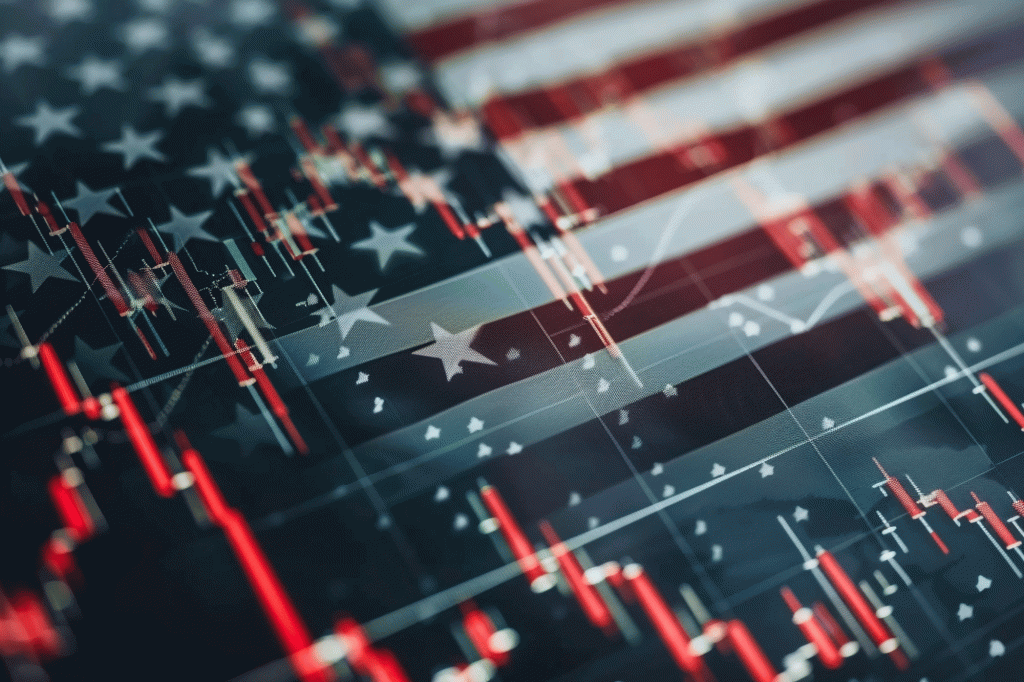Nvidia CEO Jensen Huang says product shortages are making customers emotional.
Demand for Nvidia’s AI chips, including the Blackwell line, has surged, straining suppliers.
Nvidia’s stock recently dropped 9.5%, shedding $278.9 billion, amid US economy and AI doubts.
Nvidia CEO Jensen Huang said that a shortage of his company’s products is making customers “emotional” and that things are tense.
Huang, dubbed the King of AI, said the demand for Nvidia’s products is so high because everyone wants to get them first — and they want a lot. It’s making things tense with customers despite the company’s best efforts, he said at a Goldman Sachs tech conference in San Francisco on Wednesday.
“We have a lot of people on our shoulders, and everybody is counting on us,” Huang said. He added, “Demand is so great that delivery of our components, our technology, infrastructure, and software is really emotional for people.”
The CEO added that while demand for Nvidia’s latest line of chips, Blackwell, has soared, suppliers to which the company has outsourced hardware production are catching up.
Demand for Nvidia’s graphics processing unit has skyrocketed as companies and countries scramble to secure supplies to improve their AI capabilities.
“We probably have more emotional customers today. Deservedly so. It’s tense. We’re trying to do the best we can,” Huang said.
As one of the few players in this space, Nvidia has a stronghold on anyone looking to accelerate their business or economy using AI models. These AI models need to be trained on large piles of data and then fine-tuned carefully, which takes thousands of GPUs, creating pressure on chip demand.
In August, Nvidia sparked worries that its next generation of AI chips, Blackwell, would be delayed by two to three months. The delay meant that shipments would be pushed to the first quarter of 2025 instead of later this year, affecting customers including Meta, Microsoft, and Google, and smaller cloud firms, which have built their businesses on Nvidia chips.
On an earnings call last month, Huang promised that the company would ship out billions of dollars worth of Blackwell GPUs by the fourth quarter — a metric that analysts said was vague. While Nvidia executives on the call remained unclear about the gains expected from the Blackwell chip, they managed to temper most concerns around the shipment delays.
Analysts and experts have previously noted that the company’s ability to deliver on these promises will be crucial.
Last week Nvidia’s stock slid 9.5%, shedding $278.9 billion in valuation — the biggest single-day loss ever recorded by a US company. The rout was partly attributed to the economy and partly to resurfaced doubts on when tech giants will bear the fruit of massive AI spending.



